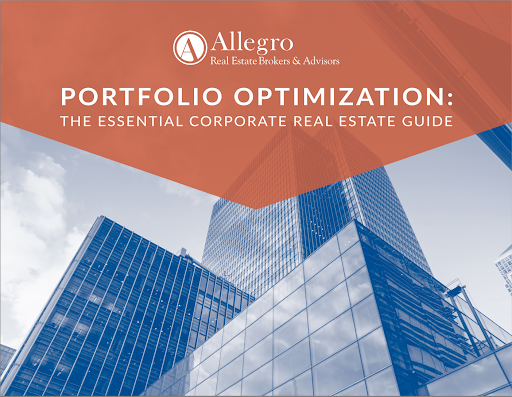Closing a commercial real estate purchase or sale transaction is a four-step process that includes documenting a purchase and sale agreement, establishing an escrow agent and title company, conducting due diligence, and completing the closing period.
While it’s necessary to protect your rights as a buyer in all stages of a commercial real estate transaction, it becomes increasingly important to do so while closing a sale. Both survey provisions and title insurance provisions are written into a purchase and sale agreement for this reason.
This post will explore the importance of the survey and title insurance provisions, and how they protect the rights of a buyer during a commercial real estate transaction.
The Importance of Title Insurance in a CRE Transaction
Title insurance is an insurance policy that protects CRE buyers from liabilities related to a contested title after closing. A “bad title,” sometimes identified during an ALTA survey, indicates that the title holder does not officially own the marketable interest in the asset. This could be for a number of reasons, whether they’re financial, like a lien; legal, like a conflicting will; or clerical, like unsigned paperwork.
Title insurance offers protection against unknown claims made after closing. These could include unidentified easements, oil and gas rights, or adverse possession claims.
Two main types of title insurance policies exist: owner and lender. With an owner policy, the seller purchases the policy for the buyer’s benefit. With a lender policy, the buyer purchases the policy for the lender’s benefit.
During a thorough due diligence process, a purchaser will often request a property survey at the same time they obtain a title insurance policy.
The Importance of the Survey Provision in a CRE Transaction
The survey provision outlines a buyer’s right to request an ALTA survey, often concurrent with the due diligence stage of a CRE purchase transaction. It is used to determine the boundaries of an asset, provide a description of physical assets, and identify any recorded encumbrances and physical encroachments.
The findings of most ALTA reports are commonly mapped as a visual survey, which is then used to confirm the physical description of an asset and its surroundings.
Issues found in a title examination during due diligence most frequently include the following:
- Easement. An easement occurs when another party has been granted the right to use all, or a portion of, the asset. One example could be granting a shipping company access through your property to deliver goods to their customers.
- Encroachment. An encroachment occurs when a neighboring party has extended or added to their property, ultimately overlapping across your asset’s property boundaries.
- Legal description. A legal description of an asset can be drafted to identify potential discrepancies in how the property is described in the property title.
- Setback violations. A setback violation describes property improvements that have been made closer to the property boundary than allowed by local zoning ordinances.
- Access to property. ALTA surveys can identify whether the title owner has access to roadways by their property and if they need to obtain an easement to access a landlocked roadway.
The ALTA survey is a critical document in a real estate transaction: It offers a comprehensive and thorough overview of an asset. It can therefore be used to navigate any legal disputes that may arise in the future, especially those related to the legal description of the asset and any zoning ordinance violations.
Understanding the benefits of the survey and title provision is crucial as a responsible buyer. The inclusion of both provisions in a purchase and sale agreement ensure that your rights are protected before, during, and after a commercial real estate purchase transaction.
Want more commercial real estate resources?
Our blog features frequent content, straight from our commercial real estate experts. Subscribe to receive weekly content right in your inbox, on topics like advice and opinions on the state of the industry, market reports, and updates about the Allegro team.







